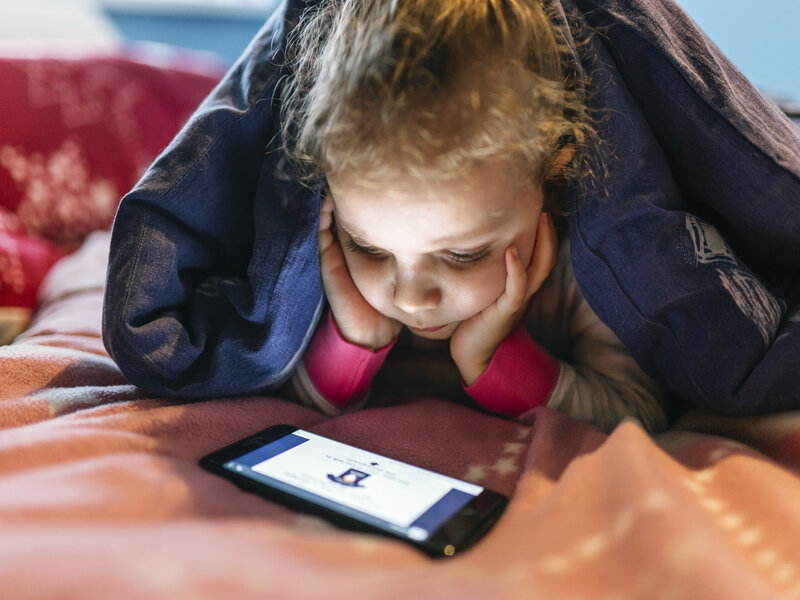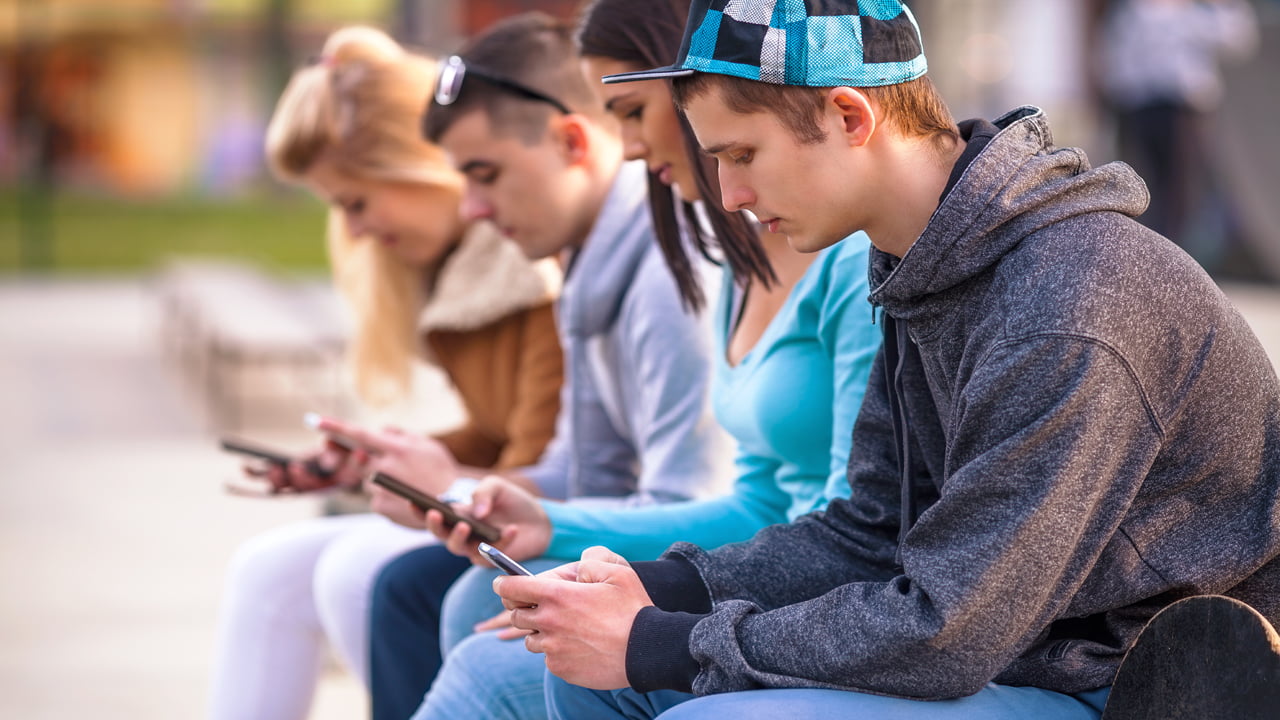But are our children actually safe on the web? Minors and social media: the “almost” safeguard
It is “good custom,” unfortunately not taken for granted, to assume
different approaches depending on whether you are dealing with an adult or
a minor. A different processing is also implemented by most law systems
that confer the ability to act, i.e. the ability to perform legal acts, to
subjects who have reached a certain threshold of age that is conventionally
set at 18. The same ratio of the real world has also been extended into the
virtual world or, better yet, in the social universe.
Most social networks (Facebook, Musical.ly, Instagram, Snapchat, YouTube
and, just today, even Twitter) or other services like WhatsApp and Google,
include within their own policies, the minimum threshold of 13 years to
register and activate an account. The reason behind the inclusion of this
“access limit” comes from the fact that the main platforms we find on the
internet are American, so they apply the limit set by US federal law: the
Children’s Online Privacy Protection Act (COPPA). The COPPA prescribes that
no legal entity (except public bodies) can collect data relating to
children less than 13 years of age.
What we are going to analyze, therefore,
the policies that the various owners of social platforms are adopting
following the enforcement of the new European GDPR (General Data
Protection Rule)
towards “minors” between 13 to 16 in order to prevent them from improper
use, access to harmful information, or granting “powers” to them that they
might not be able to manage.
The first social networks and the relationship with minors
When it comes to social networks, you usually think of Facebook right away,
right? In fact, before the big social network created by Mark Zuckerberg,
launched on 4 February 2004, there were already internet platforms that
provided network users with a virtual meeting point with the possibility of
exchanging messages, instant chats, photos, and videos.
From SixDegrees by Weinrich (1997), to Friendster, and then Myspace, it was
only a few years after that we got the “blue F” social network, around the
year 2009, the first concerns regarding the protection of minors arose. For
example, that of following or interacting within “red hot” pages or getting
in touch with people who could exploit their naivety by manipulating the
young boy or girl.
Although from the beginning the minimum age ratio was guaranteed by the
various platforms, some countries began to regulate the matter by applying
their own regulations. For example, in 2010 Spain increased the minimum
entry threshold from thirteen years to fourteen years. Many other countries
throughout the years followed the Spanish example. The reality is that
there was never, at least until today, a universal discipline. The
question, therefore, remained open to a cyclical debate, both an ethical
and legal confrontation.
GDPR and “Social Privacy”
The concept of social networks has been modified over time. For example,
the Italian Privacy Guarantor on the website protezionedeidatipersonali.it affirms that:
“it must be remembered that the subscription to an online service such
as, for example, Facebook, is not only, the subscription to the social
network but a real contract with which the user allows a profiling of
their behavior. The registration (…), therefore, is subject to the
rules for the conclusion of contracts, for which the subject must be
able to appreciate the nature and consequences of his consent. The
subject that offers services directed at minors has the burden of
ascertaining that the person concerned is able to provide valid
consent.”
With Article 8, the new regulation of privacy in Italy, it was established
what could be defined as the “new digital consensus” that allows the
provision of online services for boys or girls under 16. In the event that
the subject appears to be a younger age, the processing of data will be
considered lawful
“only if and to the extent that such consent is given or authorized by
the holder of parental responsibility
“; parental consent that must be actively verified by the data controller “in any reasonable way.”
Member States have the power to establish by national law “a lower age
under 18 but in any case never going down under 13”. To date, the situation
remains thus in the community area: limit of 14 (Italy, Austria, and
Lithuania), or 15 (Czech Republic, Slovenia, France) or 13 (Spain, Sweden,
England, Denmark, Estonia, Latvia, Finland, and Portugal).
What then were the instruments adopted by the various Social Networks
to comply with the requirements of the new regulation?
After May 25, 2018 I hope you noticed, most importantly read, the multiple
notifications from our email fliers that informed us of the various changes
that the platforms have adopted or added in their policies of use and that
have made transparent and easily accessible within the initial “Terms and conditions.”
In them, even if reported differently, we can find all the information
necessary to understand what happens in the profiles of children under 18.
For example:
● There is no possibility of indexing the profile of the minor by search
engines, which instead is an option for adults. This possibility is only
unlocked at the age of 18, so the minor registered to Facebook, or other
social networks, cannot in any way appear, for example, on Google’s search
engine.
● Facial recognition cannot be activated.
● At any friend request received from adults, the child receives a pop-up
that invites him to reflect before accepting requests from strangers.
● The default setting when a minor subscribes to Facebook is to share posts
(photos, status, videos, etc.) “only with friends”.
● The personal information of the child’s profile, such as birthday, city,
school, family members are not visible to those who do not belong to the
“friendship” network.
Why then do we talk about “almost safeguarding”?
It’s an old trick… I create a fake email, insert a fake date of birth, and
it’s done! As you can see,
it’s easy to circumvent the security measures written toward children.
What should you do then? Adopt your own system of “Parental Control.”
We should follow our children from the very first encounter with the
social world, educate them on the right rules of use and slowly trust
the unlocking of the various “powers” reminding them that “with great power
comes great responsibility.”














